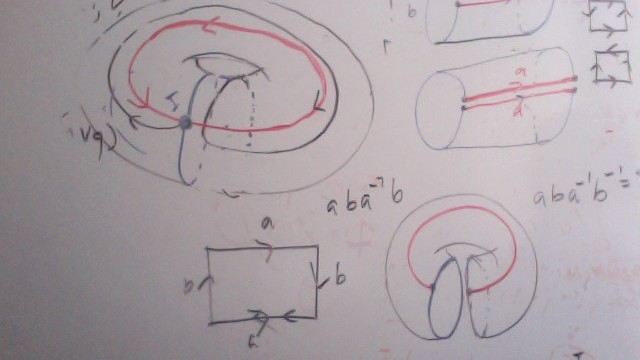
Twenty Plus Ways To Spot A Fake Lacanian Analyst
1) They are trying to analyze you and interpret your dreams and desire.
2) They live on a farm, in a remote area, or college campus, and can only do phone sessions.
3) There is a magical couch, a lot of oriental carpets, and antique statues lying around.
4) They stress that they have a psychology degree (social worker, marriage family therapist, etc.).
5) They advertise in Psychology Today, on park benches, and the sides of buses.
6) They think a psychoanalytic clinic is where people go who are crazy, unhappy, or who have mental problems.
7) They think they are far enough away from such mental problems that they need only help others get over theirs. Then try to convince themselves of this distance by claiming they create a safe place for others to express their feelings and unconscious desire.
8) Their speech is riddled with analogies, barred subjects, the great Other, and jouissance.
9) They write a mish-mash of books or articles that sound like a grad thesis in post-modernism: "The Color Black in Psychoanalysis", "The Role of Feminine Sexuality in Post-Colonial Phallocentrism", "Immanent Brief Therapeutic Lacanian Art ", etc.
10) They are all talk: they have no experimental framework by which to present analysis with others in public.
11) There is no didactic aspect of the session: it is only assumed that the analyst works on the theory and the analysand is the passive recipient.
12) They think they are getting paid to provide a service and call you a client.
13) They allow the use of medical insurance to pay for sessions.
14) If they have published articles on Lacanian analysis, they cannot – or will not – explain what the subject matter is about in a satisfactory manner in a public setting.
15) Fake it till you make it: they work in the field of mental health – psychiatrists,guidance counselors, social workers, marriage family therapists, professors of psychology, etc. – for their real job, then moonlight in analysis.
16) They would not encourage you not to start or quit working with them on analysis.
17) They teach psychology (philo, lit-crit., etc.) in the university and try to improvise sessions with their students (without seeing the contradiction).
18) They preach to the choir: that is to say, they only work with others in professional psychoanalytic clubs where they list their names with other notables – doctors, Phds, marriage family therapists, social workers, etc..
19) They refer to Lacanian topology like a religious icon: it works absolutely or it does not work at all, i.e., there is no experimental or logical basis to their arguments.
20) Instead of saying and doing one thing precisely in the field of Lacanian analysis, they claim to be 'open-minded' by free-associating with various theories and therapies: mindfulness, zen, systems theory, integral analysis, deconstructionism, spiritual coaching, cognitive behavioral therapy, humanistic-existential therapy, hot-tub relaxation, etc. No doubt, such free-association has its place, but most often its stays at the level of an amalgamation.
21) They try to tell someone what a fake analyst is when, in the end, one merits the analyst he or she chooses.